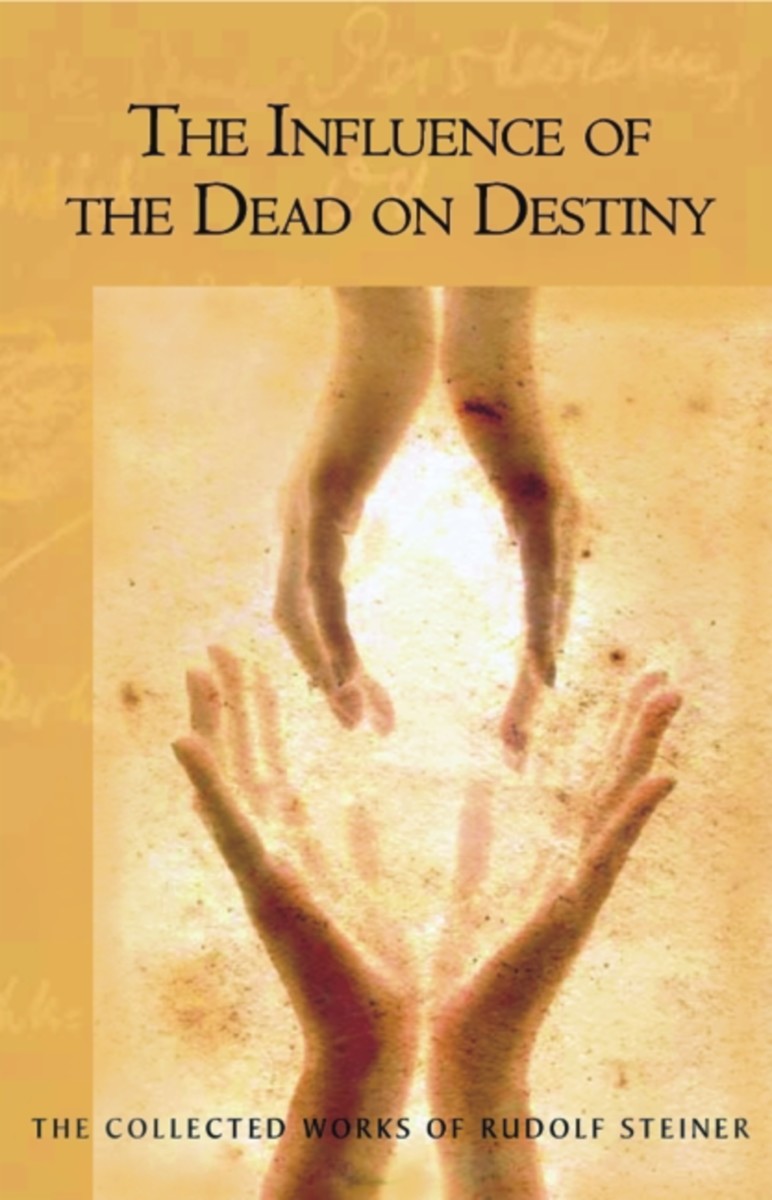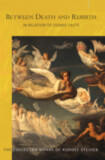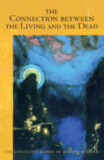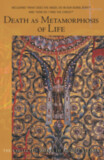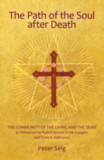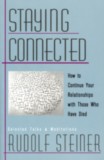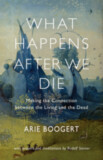The Influence of the Dead on Destiny
(CW 179)
- Publisher
SteinerBooks - Published
15th December 2007 - ISBN 9780880106146
- Language English
- Pages 184 pp.
- Size 6" x 9"
8 lectures, Dornach, December 2–22, 1917 (CW 179)
With a single observation, Rudolf Steiner can sometimes outline a new reality that changes everything. Here, he introduces these extraordinary lectures by proposing that the boundary between the physical and spiritual worlds “lies right in the middle of the human being.”
One indication of this boundary may be found in what science mistakenly differentiates as the sensory and the motor nerves, which, for Steiner, do not represent two kinds of nerve functions but rather a gap, or interruption, through which soul-spiritual reality incarnates and through which the spiritual world participates in the physical world. This gap makes it possible for us to inwardly experience and participate not only in the outer world but also in the spiritual world and the world of the dead. It also functions as the boundary between the conscious and the subconscious.
The lectures that loosely follow this introduction enter into the vast field of the dead and the many ways in which the spiritual worlds influence and play into human and earthly life. Rudolf Steiner shows how the living and the dead (together with the whole spiritual world) are intimately and pervasively interconnected. History itself is the result of the interweaving of the living and the dead, whose influences “flow right into our daily lives.” Realizing “this feeling of being together with the dead,” he says, is essential for further human development.
The reader’s understanding of the influence of the dead and the spiritual world on human destiny deepens from lecture to lecture, as Rudolf Steiner shows how this reality becomes truly existential—a matter of personal decision—through the Archangel Michael’s great deed in 1879 when he assumed responsibility for the guidance of humanity.
Thus, together with Michael and the whole spiritual world, the dead call upon us for a change of consciousness.
The Influence of the Dead on Destiny is the first complete English translation from the German of Geistige Wesen und Ihre Wirkung Geschichtliche Notwendigkeit und Freiheit. Schicksalseinwirkungen aus der Welt der Toten. Band III (GA 179).
Rudolf Steiner
Rudolf Steiner (b. Rudolf Joseph Lorenz Steiner, 1861–1925) was born in the small village of Kraljevec, Austro-Hungarian Empire (now in Croatia), where he grew up. As a young man, he lived in Weimar and Berlin, where he became a well-published scientific, literary, and philosophical scholar, known especially for his work with Goethe’s scientific writings. Steiner termed his spiritual philosophy anthroposophy, meaning “wisdom of the human being.” As an exceptionally developed seer, he based his work on direct knowledge and perception of spiritual dimensions. He initiated a modern, universal “spiritual science” that is accessible to anyone willing to exercise clear and unbiased thinking. From his spiritual investigations, Steiner provided suggestions for the renewal of numerous activities, including education (general and for special needs), agriculture, medicine, economics, architecture, science, philosophy, Christianity, and the arts. There are currently thousands of schools, clinics, farms, and initiatives in other fields that involve practical work based on the principles Steiner developed. His many published works feature his research into the spiritual nature of human beings, the evolution of the world and humanity, and methods for personal development. He wrote some thirty books and delivered more than six thousand lectures throughout much of Europe. In 1924, Steiner founded the General Anthroposophical Society, which today has branches around the world.


